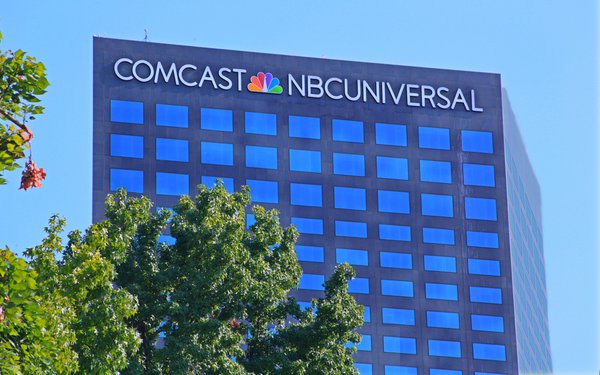
Linear TV
cable TV networks could be stranded in no-man's land if a number of legacy TV-network based companies are spun off, or completely sold -- by their legacy media companies.
But where -- and to whom?
Comcast Corp. says it is mulling the idea of spinning off, as a separate company, its NBCUniversal cable networks (USA, Oxygen,
Bravo). And it isn't alone.
Consider that Warner Bros. Discovery could do the same with TNT, TBS, truTV, and others. And Paramount Global (CBS, MTV, Nickelodeon, VH1).
And I'm guessing AMC Networks and A&E Networks would do the same.
It would seem linear TV networks would immediately have fewer programming, production and
scheduling connections with their rapidly growing sister streaming platforms.
advertisement
advertisement
These connections could be intended to benefit from giving TV consumers the
ease of watching episodes on their respective streamers, providing cross-promotional/advertising messaging, or in helping brands to extend messaging via much-needed reach.
Stranded cable TV networks would mean, for example, Nickelodeon, the Paramount Network, and MTV not necessarily aligning with Paramount+, MSNBC and USA Network not counting on Peacock
(and vice versa). The Disney Channel would lose two platforms: Disney+ and Hulu.
It wouldn’t be dealing with a lower number of traditional pay TV subscribers, via
nonstop cord-cutting, but what type of outside partnerships remain. We sense continued and long-time "frenemy" situations will remain, to an extent, between legacy media companies.
But what might that look like? One might imagine that digital media behemoths such as Amazon, Apple, Google (YouTube) as well as Netflix might knock around the idea of a deal perhaps to help
their current streaming busineses. Existing deep advertising and production
resources and/or executives? Maybe.
Think back of those potential buyers of Blockbuster Video way back when -- in the mid-2000s? Was there a reason for
any media company to pick up even a small key process of an industry sinking that quickly? Not exactly.
Perhaps the only possible connection we can find here is this:
Netflix started up in 1998, with a different home video entertainment approach: Sending videotape/DVDs to consumers by mail.
And then things got worse for that
industry. By the late 2000s, Blockbuster was losing business, and then filed for bankruptcy in 2010.
No matter. Netflix went on. One positive is that it didn’t
have brick-and-mortar store expenses. The DVD-by-mail business gave it a foothold into a different segment video-on-demand world, one that would grow -- without of need of real life retail storefronts
-- by using broadband to create the now dominant premium video-on-demand platform.
Could there be a small-to-midsize media company these days looking at cable networks
as the basis for perhaps the next iteration of a nascent business that needs future experimentation?
If you don't believe this will amount to anything, remember this: In 2000,
Blockbuster passed on the opportunity to buy Netflix for a mere $50 million.